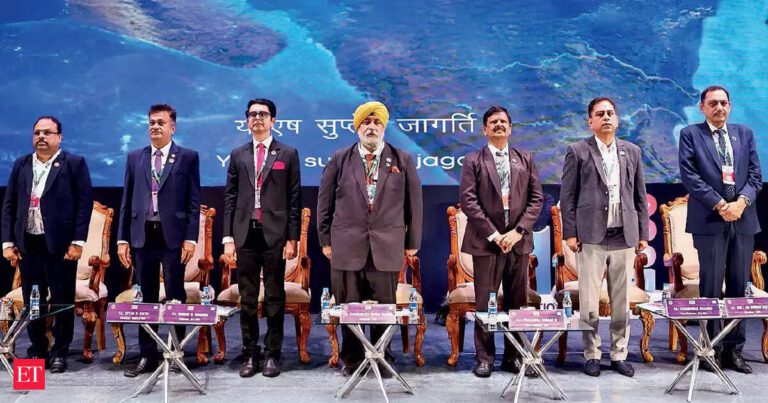The Intersection of Artificial Intelligence and Finance: Embracing Change
The intersection of artificial intelligence (AI) and finance is an exciting realm filled with promise. Financial professionals, technologists, and institutional thinkers are actively participating in discussions that move beyond mere speculation. As the financial sector looks to the future, this is the opportune moment to revolutionize accounting, audit, tax, and governance practices.
ICAI AI 2025 Innovation Summit: A Catalyst for Transformation
The Institute of Chartered Accountants of India (ICAI) recently hosted the ICAI AI 2025 Innovation Summit on July 18 and 19, 2025, in Pune. The summit focused on how AI is already reshaping commercial workflows. Topics ranged from document rationalization to the development of responsive customer interfaces. A key highlight was the commitment to make technology accessible to a broader array of users, extending beyond the digital elite.
Inclusive Technological Design
The event featured demonstrations of solutions that operate on basic mobile devices, offering multilingual support and contextual adaptability. This focus on inclusive design not only emphasizes accessibility but also illustrates that true innovation must address a variety of real needs. The discussion highlighted the importance of making technology more user-friendly, particularly for those in less technologically advanced positions.
Automation and Practical Applications of AI
Rather than being swept away by the hype surrounding generative AI, the discussions centered around practical applications. Attendees explored how AI can automate repetitive financial tasks, streamline reporting, and enhance presale authorizations through conversational interfaces. These tools were not framed as magical solutions but as systems requiring careful calibration. The real challenge lies in identifying the areas where these technologies can be integrated to improve both user experience and operational clarity.
Compliance in the Age of AI
As technology continues to evolve, the challenge of compliance becomes more complex. Conversations during the summit underscored a shift in how approved accountants perceive their roles. They are no longer just passive observers; they are becoming active participants in shaping change. Accountants play a crucial role in navigating the regulatory landscape, ensuring compliance with innovation regulations, and managing the tax implications of AI-driven services.
The Future Needs Skilled Professionals
The growing demand for professionals who can navigate the complexities of finance and technology is evident. These individuals must interpret emerging risks, assess automated decision-making frameworks, and ensure ethical implementations of AI. Consequently, accountants are increasingly becoming part of the strategic fabric that reinforces trust in digital infrastructures.
AI Solutions Tailored to India’s Unique Needs
For AI solutions to be effective, they must resonate with the unique economic landscape of India. The specific challenges faced by small and medium enterprises require tailored systems that cater to regional regulations and customer relationships. Standard AI products may not suffice, necessitating the creation of adaptive systems that allow users to shape their tools rather than forcing businesses to adapt to technology.
Aligning Innovation with Professional Values
The summit marked a shift in the conversation surrounding AI, moving away from the notion of technology replacing human roles to a focus on aligning innovation with core professional values such as integrity, objectivity, and service. While machines may compute faster, they still lack the contextual understanding essential in financial domains characterized by risk and ambiguity. The consensus was clear: the future of finance will be defined not solely by technology but by those who can connect data-driven insights to impactful decisions.
The call to action is evident: as the finance sector continues to evolve, it is imperative for professionals to embrace these changes, enhancing their skills and adapting their practices in line with technological advancements.

